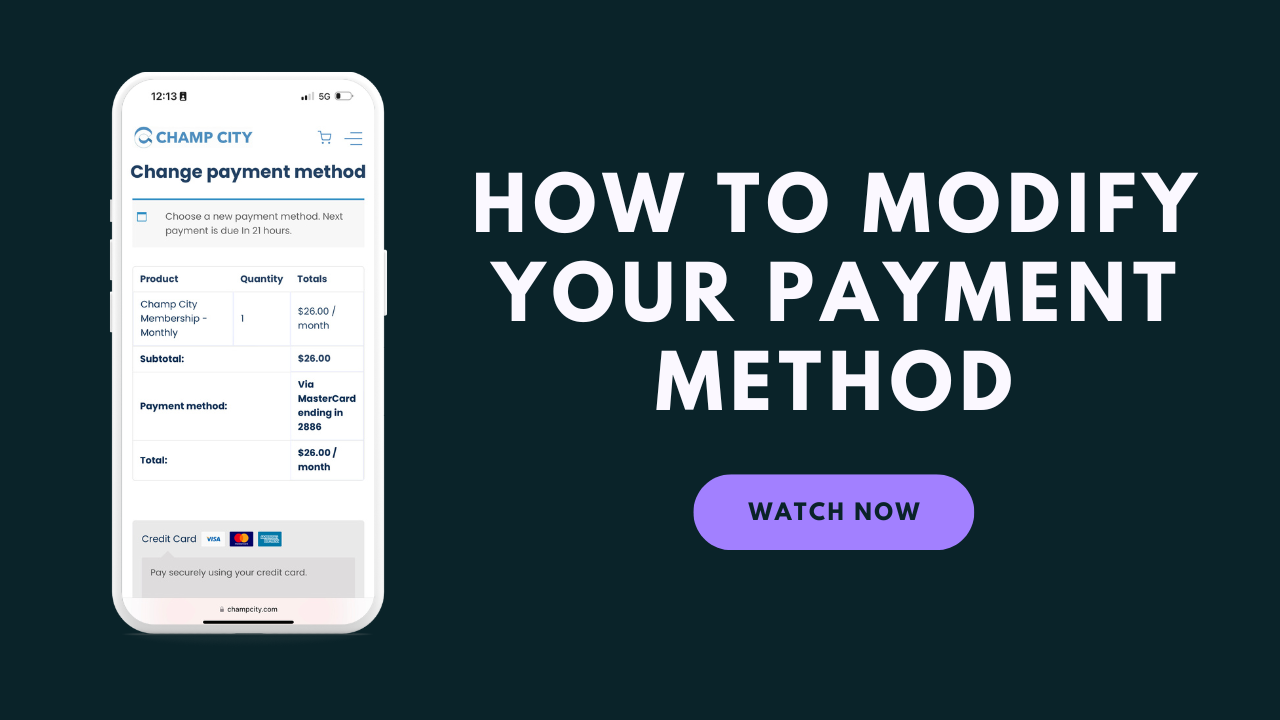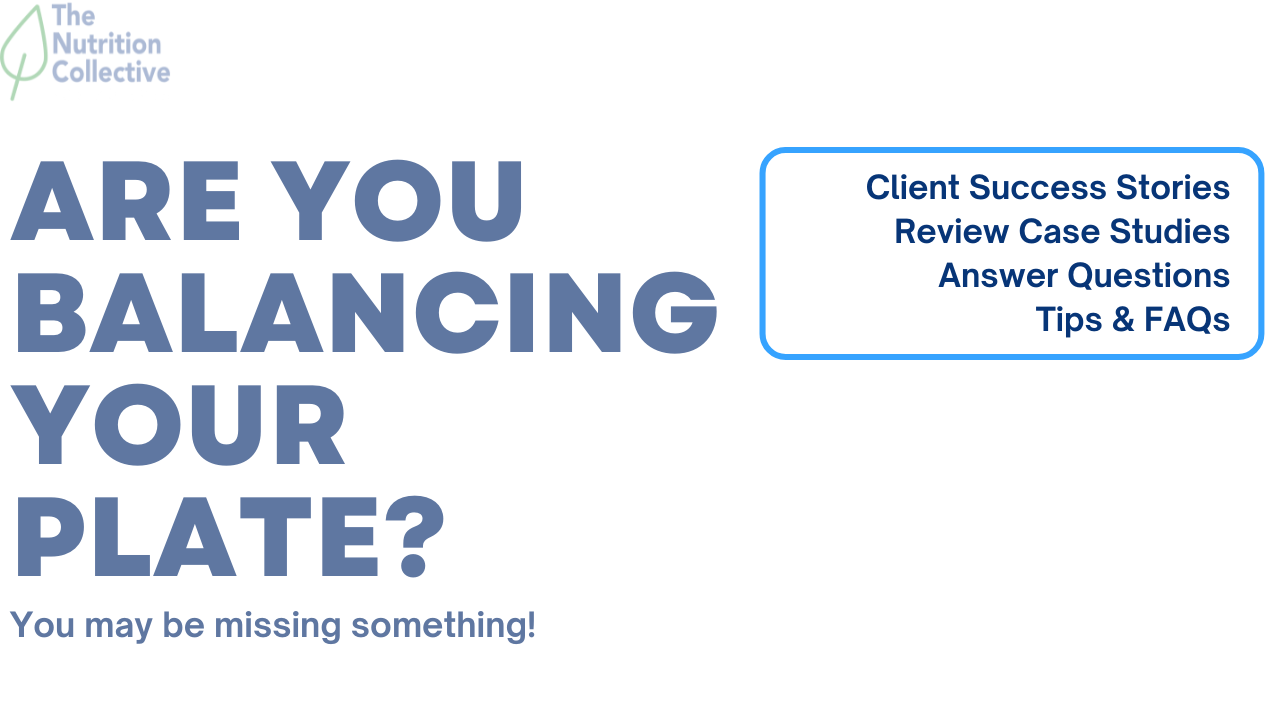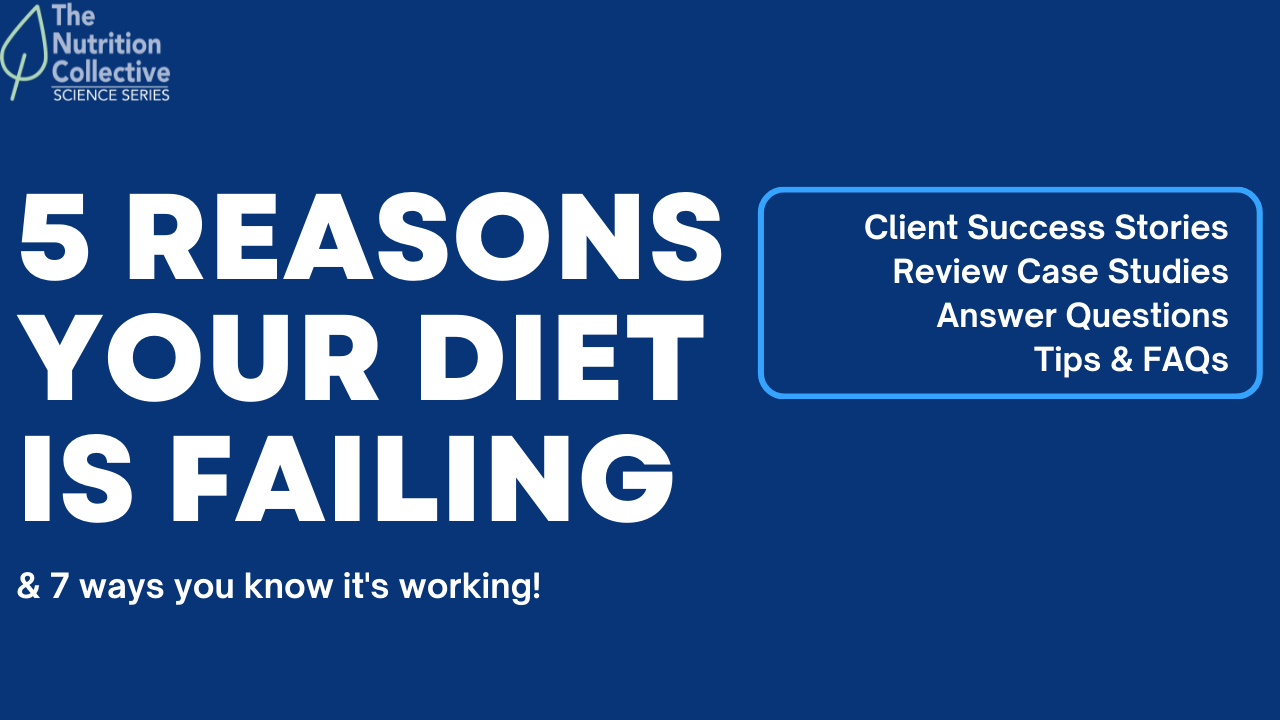Do you ever eat when you’re not hungry? Do you find yourself eating for emotional reasons, like boredom or stress? If so, you’re not alone. Emotional eating is a common problem that can lead to weight gain and other health problems. In this blog post, we’ll discuss what emotional eating is, how to identify it, and how to cope with emotions without turning to food. We’ll also discuss ways to find balance in your life and with your food choices for better health and wellness.
What is Emotional Eating?
Emotional eating is a way of coping with emotions or stress. It can be triggered by many things, such as boredom, sadness, anger, anxiety, and stress. Emotional eaters often turn to food when they’re feeling down or upset, and they may find that they rely on food to comfort them or make them feel better.
Are you an emotional eater?

Emotional eating is a common problem, and it can be difficult to recognize. It’s quite common to eat for various non-hunger-related reasons once in a while. If you find that you frequently grab food out of boredom or as a source of comfort, you might be eating due to emotional causes.
You may be an emotional eater if you often experience any of the following:
• Changing your eating habits when you have more stress in your life
• Eating when you are not hungry or when you are full
• Eating to avoid dealing with a stressful situation
• Eating to soothe your feelings
• Food makes you feel safe
• Using food as a reward
• You feel powerless or out of control around food
Identifying Your Triggers

If you’re an emotional eater, it’s important to be aware of your triggers and the emotions that lead to your eating. Once you know what sets you off, you can start to develop strategies for dealing with those emotions in a healthier way. Some ideas include exercise, relaxation techniques, talking to a friend or therapist, or writing in a journal.
Stress
Stress at work or home can lead us to reach for food when we’re not hungry. It’s often easier than dealing with the stress directly by talking about it or finding a way to deal with it.
Sadness
When we’re feeling down, it can be tempting to reach for food as a way to make ourselves feel better. But eating doesn’t always make us feel better in the long run. In fact, it can often lead to feelings of guilt and regret.
Anger
When we’re angry, it’s common to want to eat something that will help us feel better. It may be a food that reminds us of happier times or a food that’s comforting in some way.
Boredom
If you find yourself eating out of boredom, try to figure out what you’re craving and if there’s something else you could do instead. For example, if you’re craving chocolate, try eating a piece of fruit instead.
Anxiety
When we’re feeling anxious, it’s common to turn to food for comfort. But this can actually lead to weight gain and other health problems. There are many different ways to cope with anxiety that don’t involve food.
Special Occasions
It’s okay to enjoy a special treat on occasion, but if you’re regularly “saving up” or binging at events like birthday parties, weddings, and family gatherings, it’s time to rethink your approach. Try to remove yourself from the “all or nothing” mindset, allow yourself to enjoy the food in moderation, and focus on making memories with the people that surround you.
How to Cope With Emotions Without Food
If you’re an emotional eater, there are many different ways to cope with your emotions without turning to food. Here are a few ideas:
• Exercise – Exercise is a great way to deal with stress and other negative emotions. It releases endorphins that can make you feel better.
• Relaxation Techniques – Yoga, meditation, and deep breathing can all help to relax and calm you down.
• Talk to a Friend or Therapist – Talking to someone about your problems can be helpful in finding solutions. If you’re not comfortable talking to people you know, you can always talk to a therapist.
• Write in a Journal – Writing down your thoughts and feelings can be a helpful way to process them. It can also be a great way to track your progress in overcoming emotional eating.
Finding Balance in Life and With Food

Once you’ve identified the emotions that lead to your emotional eating, it’s important to start working on finding balance in your life. When you’re stressed or upset, it can be tempting to turn to food for comfort, but this isn’t a healthy solution. Balance means finding ways to cope with stress that don’t involve food. This may include exercise, relaxation techniques, spending time with friends and family, and getting enough sleep. Finding balance in your life can also help you manage stress without turning to food for comfort.This may mean finding time for relaxation and self-care, setting boundaries, and saying no to things that are harmful or don’t serve you. It may also mean finding a healthier way to deal with stress, sadness, anger, boredom, and anxiety.
It’s also important to find a healthy balance with food. This means eating in moderation and choosing foods that are nutritious and good for you. It doesn’t mean depriving yourself of treats or eating a strict diet. It means finding balance in all areas of your life so that you can be happier and healthier. The key is to listen to what your body needs so that you can give it the nutrition it requires without overindulging or denying yourself certain foods.
To Round It Up…
Emotional eating is a common problem that can lead to weight gain and other health problems. If you find yourself turning to food when you’re not hungry or feeling emotions like sadness, anger, boredom, or anxiety it may be time to talk with a therapist about your feelings. You may even want to consider speaking to a therapist who can help you work through the underlying issues that are causing these emotional eating habits and teach you how to cope with your emotions in healthy ways.
Overcoming emotional eating isn’t easy, but it can be done if you’re willing to put in the effort and make some lifestyle changes. The first step is identifying what’s causing these habits so that you can start working on changing them. Once you’ve figured out why you’re feeling the way you are, it’s time to find healthy ways to cope with these emotions.







